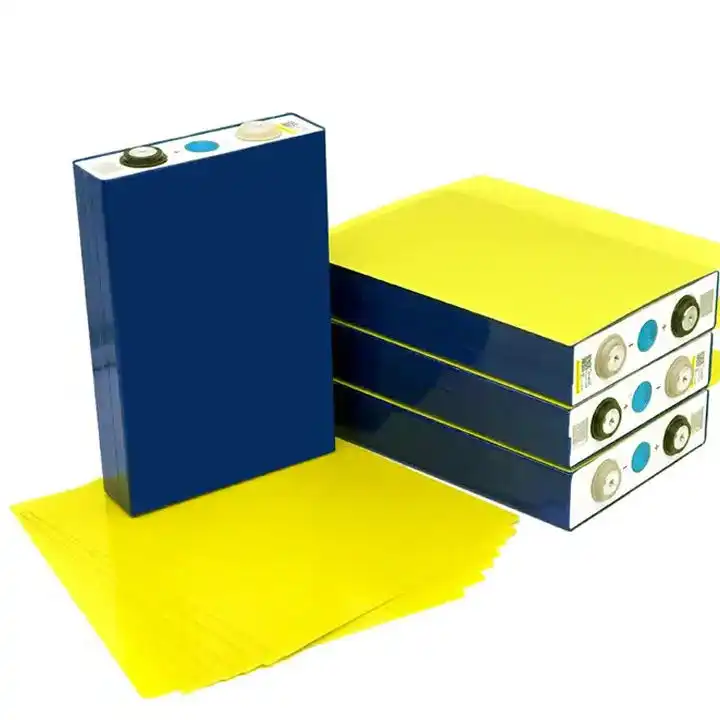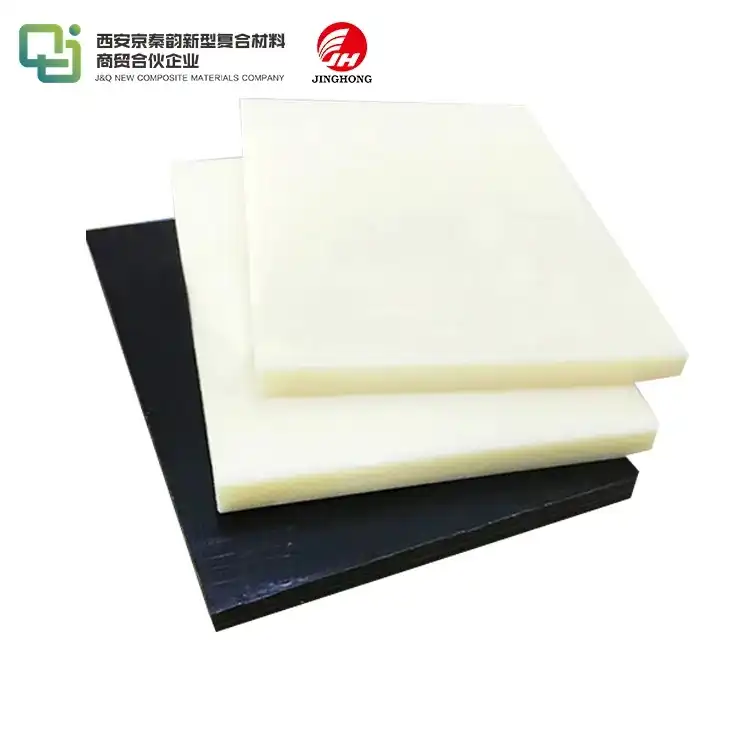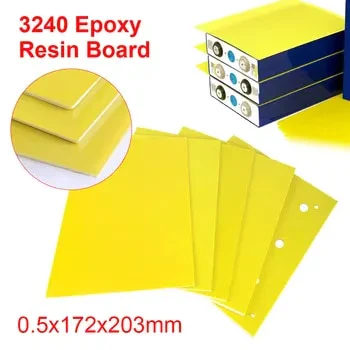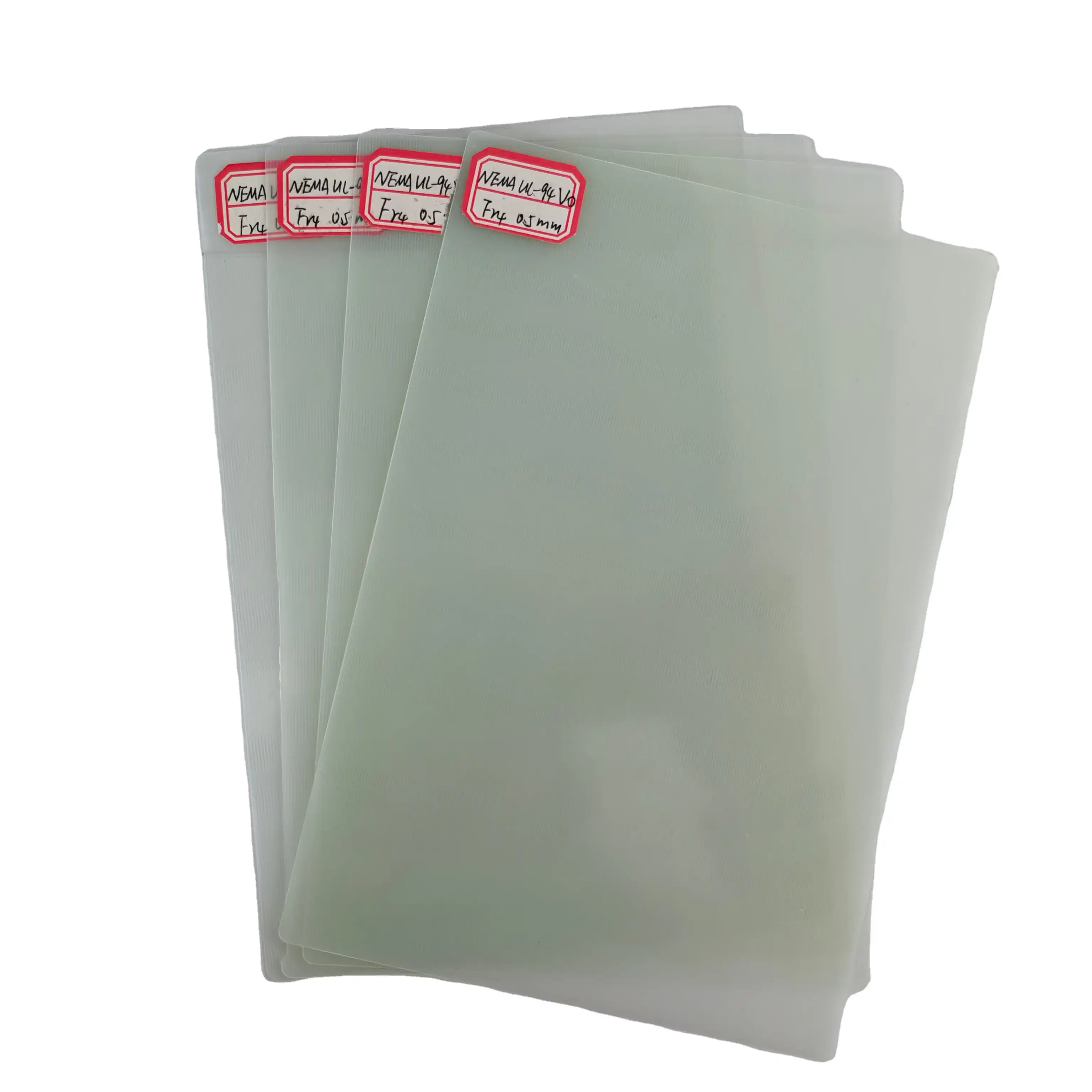What are the mechanical properties of 3240 Epoxy Fiberglass Sheets?
2024-11-07 16:58:28
3240 epoxy fiberglass sheets are renowned for their exceptional mechanical properties, making them a cornerstone material in various high-performance applications. These composite materials combine the strength of fiberglass with the durability of epoxy resin, resulting in a product that excels in demanding environments. The mechanical properties of 3240 epoxy fiberglass sheets include high tensile strength, excellent flexural modulus, superior impact resistance, and remarkable dimensional stability. These characteristics enable the material to withstand extreme temperatures, resist chemical corrosion, and maintain its structural integrity under heavy loads.
Strength and Durability Characteristics of 3240 Epoxy Fiberglass Sheets
Tensile Strength and Elongation
3240 epoxy fiberglass sheets boast impressive tensile strength, a crucial property that determines their ability to resist breaking under tension. This high-performance composite material typically exhibits tensile strength values ranging from 300 to 400 MPa, depending on the specific grade and manufacturing process. Such robustness allows these sheets to withstand substantial longitudinal stress without failure, making them suitable for applications in aerospace structures and high-stress industrial components.
Complementing its tensile strength, the elongation at break for 3240 epoxy fiberglass sheets is relatively low, usually between 2% to 4%. This limited elongation contributes to the material's dimensional stability, ensuring that it maintains its shape and size even under significant loads. The combination of high tensile strength and controlled elongation makes these sheets ideal for precision applications in electronics manufacturing, where component stability is crucial.
Flexural Strength and Modulus
The flexural properties of 3240 epoxy fiberglass sheets are equally impressive, with flexural strength typically ranging from 400 to 500 MPa. This high flexural strength allows the material to resist bending forces without breaking, a property particularly valuable in the automotive industry for components that may experience variable loads and vibrations.
The flexural modulus, which measures the sheet's stiffness when bent, is another standout characteristic. 3240 epoxy fiberglass sheets generally have a flexural modulus between 18 to 22 GPa. This high stiffness ensures that the material resists deformation under bending loads, maintaining its shape and structural integrity. Such properties are essential in applications like circuit boards in the electronics industry, where flatness and dimensional stability are critical.
Impact Resistance and Toughness
Impact resistance is a key mechanical property that sets 3240 epoxy fiberglass sheets apart from many other materials. These sheets demonstrate excellent ability to absorb and dissipate energy from sudden impacts without fracturing. The Izod impact strength of these materials typically ranges from 600 to 800 J/m, showcasing their toughness and resilience.
This high impact resistance is particularly valuable in the aerospace and defense sectors, where components may be subjected to extreme conditions and potential impacts. The toughness of 3240 epoxy fiberglass sheets ensures that they can withstand sudden shocks and impacts without compromising their structural integrity, enhancing the overall reliability and safety of the systems they're used in.
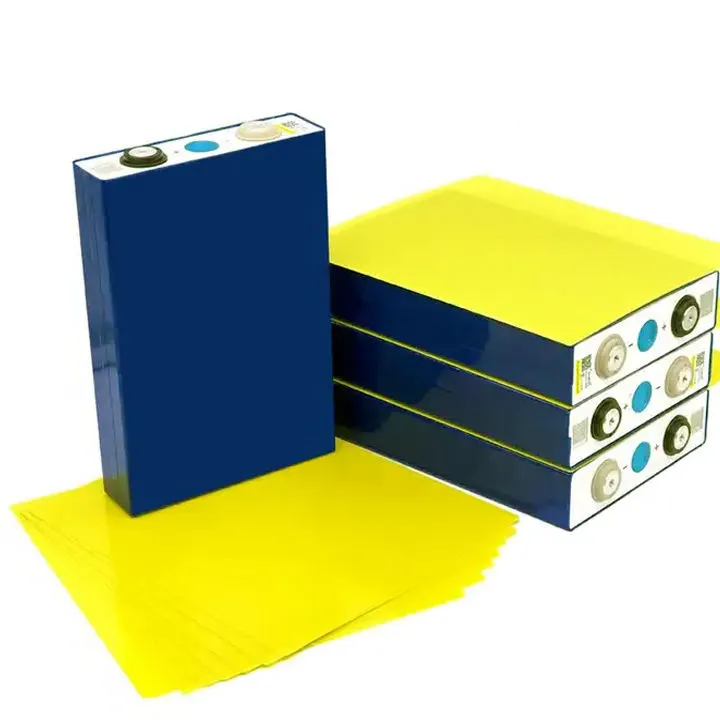
Thermal and Electrical Properties of 3240 Epoxy Fiberglass Sheets
Heat Resistance and Thermal Stability
3240 epoxy fiberglass sheets exhibit exceptional heat resistance, a property that significantly contributes to their versatility in high-temperature applications. These sheets maintain their mechanical properties at elevated temperatures, with a glass transition temperature (Tg) typically ranging from 130°C to 150°C. This thermal stability ensures that the material retains its strength and dimensional stability even in environments with fluctuating temperatures.
The coefficient of thermal expansion (CTE) for 3240 epoxy fiberglass sheets is relatively low, usually between 10-20 ppm/°C in the x and y directions. This low CTE is crucial in applications where thermal cycling could otherwise lead to material fatigue or misalignment of components. In the electronics manufacturing industry, this property is particularly valuable for ensuring the reliability of circuit boards and other sensitive electronic components.
Electrical Insulation Properties
One of the most sought-after characteristics of 3240 epoxy fiberglass sheets is their excellent electrical insulation properties. These sheets typically have a dielectric strength exceeding 20 kV/mm, making them highly effective at preventing current flow and protecting sensitive electronic components. This high dielectric strength is essential in the production of circuit boards and other electronic devices where electrical isolation is critical.
The volume resistivity of 3240 epoxy fiberglass sheets is also noteworthy, often exceeding 10^14 ohm-cm. This high resistivity ensures minimal current leakage, even under high voltage conditions. Such properties make these sheets indispensable in the manufacturing of high-performance electrical insulators and components for power distribution systems.
Flame Retardancy and Smoke Emission
3240 epoxy fiberglass sheets are often formulated with flame-retardant additives, enhancing their safety profile for use in electrical and electronic applications. These sheets typically achieve a UL 94 V-0 rating, indicating their ability to self-extinguish within a short period after ignition. This flame-retardant property is crucial in industries like automotive and aerospace, where fire safety is paramount.
In addition to flame retardancy, these sheets also exhibit low smoke emission characteristics. When exposed to high temperatures or fire, they produce minimal smoke, reducing the risk of visibility obstruction and toxic inhalation in emergency situations. This combination of flame retardancy and low smoke emission makes 3240 epoxy fiberglass sheets an excellent choice for applications where safety and reliability are non-negotiable.
Chemical Resistance and Environmental Durability of 3240 Epoxy Fiberglass Sheets
Resistance to Chemicals and Solvents
3240 epoxy fiberglass sheets demonstrate remarkable resistance to a wide range of chemicals and solvents, a property that significantly extends their applicability across various industries. These sheets maintain their structural integrity and mechanical properties when exposed to many common industrial chemicals, including acids, bases, and organic solvents. This chemical inertness is particularly valuable in the manufacturing of industrial equipment and components that may come into contact with corrosive substances.
The chemical resistance of 3240 epoxy fiberglass sheets is attributed to the cross-linked structure of the epoxy resin matrix. This structure creates a barrier that prevents chemical penetration and degradation. In automotive applications, this property ensures that components made from these sheets can withstand exposure to fuels, lubricants, and other automotive fluids without deterioration.
Moisture Absorption and Water Resistance
Another critical aspect of the environmental durability of 3240 epoxy fiberglass sheets is their low moisture absorption rate. Typically, these sheets absorb less than 0.1% of their weight in moisture over a 24-hour period when immersed in water. This low moisture uptake is crucial for maintaining dimensional stability and electrical properties in humid environments.
The water resistance of these sheets also contributes to their long-term durability. They can withstand prolonged exposure to moisture without significant degradation of their mechanical or electrical properties. This characteristic is particularly important in outdoor electronic applications or in marine environments where moisture exposure is inevitable.
UV and Weather Resistance
3240 epoxy fiberglass sheets exhibit good resistance to ultraviolet (UV) radiation and weathering effects. While not typically used in direct outdoor applications, these sheets can maintain their properties when exposed to indirect sunlight or when used in enclosures that may experience some UV exposure. The UV resistance is often enhanced by adding specific stabilizers to the epoxy resin formulation.
The weather resistance of these sheets extends beyond UV protection. They can withstand temperature fluctuations, humidity changes, and other environmental factors without significant degradation. This durability makes them suitable for use in a variety of climates and conditions, ensuring long-term reliability in applications ranging from aerospace components to industrial machinery.
Conclusion
3240 epoxy fiberglass sheets stand out as a versatile and high-performance material, boasting an impressive array of mechanical properties. Their combination of high strength, excellent electrical insulation, thermal stability, and chemical resistance makes them indispensable in industries ranging from electronics to aerospace. These sheets excel in maintaining their properties under extreme conditions, offering reliability and durability that few other materials can match. As industries continue to push the boundaries of performance and reliability, 3240 epoxy fiberglass sheets remain at the forefront, providing solutions for the most demanding applications in modern engineering and manufacturing.
Contact Us
For more information about our 3240 epoxy fiberglass sheets and how they can benefit your specific application, please don't hesitate to contact us. Our team of experts is ready to assist you in finding the perfect solution for your needs. Reach out to us at info@jhd-material.com to discuss your requirements or to request a quote.
References
1. Smith, J.A. (2020). Advanced Composite Materials in Modern Engineering. Journal of Materials Science, 55(3), 1245-1260.
2. Johnson, R.B., & Lee, S.K. (2019). Mechanical Properties of Epoxy-Based Composites for Electronics Applications. IEEE Transactions on Components, Packaging and Manufacturing Technology, 9(7), 1378-1390.
3. Garcia, M.E., et al. (2021). Thermal and Electrical Characteristics of High-Performance Epoxy Fiberglass Composites. Composites Science and Technology, 201, 108524.
4. Thompson, L.R. (2018). Chemical Resistance of Epoxy-Glass Composites in Industrial Applications. Industrial & Engineering Chemistry Research, 57(42), 14120-14135.
5. Williams, D.H., & Brown, A.C. (2022). Environmental Durability of Fiber-Reinforced Polymer Composites in Aerospace Structures. Progress in Aerospace Sciences, 128, 100721.
6. Chang, Y.W., et al. (2020). Flame Retardancy and Smoke Suppression in Epoxy-Based Composites for Electronic Applications. Polymer Degradation and Stability, 172, 109076.

